When Cheap Wine is Really Just Junk Wine
Filed under: Journal
Junk food is here to stay. Sometimes the moment just calls for a tasty Twinkie. Or maybe a tube of Pringles potato chips. And then there’s Cheez Whiz1. Everybody eats these junky, mass-manufactured foods, even though we know that they’re bad for us.
But you might be surprised to learn that all the chemical chicanery going on in the junk food industry has spread to the wine world.
Behold the alchemy of industrial wine.
More than 60 additives can legally be added to wine and winemakers aren’t required to tell you what they are — other than sulfur dioxide (sulfites).
So exactly what is in your wine glass? You might be surprised.
Bianca Bosker, Sommelier and author of the entertaining wine exposé Cork Dork, recently gave wine lovers a rude awakening with her New York Times opinion piece Ignore the Snobs, Drink the Cheap, Delicious Wine:
Opinion: Ignore the Snobs, Drink the Cheap, Delicious Wine
So-called natural wines have recently supplanted kale as the “it” staple of trendy tables – the “latest in holier-than-thou drinking,” according to The Financial Times. Farmed organically and made with minimal intervention, the wine in these special bottles is not to be confused with what one natural wine festival called “industrialized, big-brand, manufactured, nothing-but-alcoholic-grape-juice wines.”
Bianca says that many cheap wines out there are really just junk food, engineered to con your taste buds and extract money out of your wallet.
And yet, she says you should drink junk wine. It’s yummy.
You’re not really going to drink that, are you?
Bianca’s dope slap of a revelation has sparked an uproar in the world of wine.
Perhaps unwittingly, Bianca is publicly siding with the 800 million bottle2 Two-Buck Chuck corporate manufacturing plants of the wine world over the traditional, family run winemakers of Tuscany, Burgundy, and Napa.
Quantity over quality. Technology over tradition. WTF?
Not everyone is buying what Bianca is selling. Eric Asimov, the down-to-earth wine critic at the New York Times, politely takes issue with Bianca’s pro-factory stance in his recent rebuttal Let’s Be Clear: Bad Wines are Bad Wines, Period:
Let’s Be Clear: Bad Wines Are Bad Wines, Period
If you drink bad wine long enough, will that eventually lead to drinking good wine? No, I don’t think so. Still, a couple of wine writers have recently tried to make the case that bad wine should be tolerated, if not embraced. They argue that it can’t be entirely bad if it appeals to large numbers of people.
Hey man, get real.
Sure, there are lots of cheap junk wines out there — big fruit bombs where a chemist has tinkered with various additives and flavorings to make it taste “delicious” to American taste buds.
But why drink soda-pop wine when there are so many real delicious wines made by extraordinary men & women who tend their vineyards with love and express their artistic talents in the cantina?
In my shop, I ignore the mega-wineries trying to sell me their industrial plonk for a buck a bottle. I focus instead on genuine wines made with intention and uncompromising commitment to the art of winemaking.
Beautiful, earth-driven Chianti made by charming husband and wife teams like Luca and Valeria at Le Cinciole.
Extraordinary Barolo made in the same family style for generations and lovingly carried forward by daughter Maria Teresa at Bartolo Mascarello.
Micro-scale Tuscan Sangiovese made “just because” by Renaissance man Arnaldo Rossi at Pane e Vino.
These winemakers care about making authentic wines for you, the wine lover — and at a fair price. Wines that convey a real sense of time and place.
It’s that winemaking passion and integrity that you can taste and enjoy that keeps me devoted to real Italian wines.
Salute.
— Michael
1. Perhaps surprisingly, there’s no cheese in Cheez Whiz. The ingredients list is a food scientists’ dream.
2. 800 million bottles of Two-Buck Chuck have been manufactured by Bronco Wine Company (who owns the Charles Shaw name) at their Central Valley manufacturing plant since 2002, and sold through Trader Joes, according to Wikipedia. Interestingly, you can’t take a tour of their “winery” because, well, it’s a corporate manufacturing plant. To get the full skinny, check this out.
Hey!
Help me get the word out about real wines by sharing this article with your friends on Facebook or Twitter.
If you like what you’re reading, join my mailing list and I’ll send you occasional posts and special updates on Italian wines, food, and travel. No spam, ever.
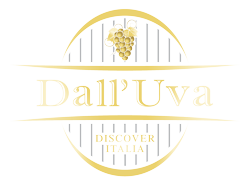
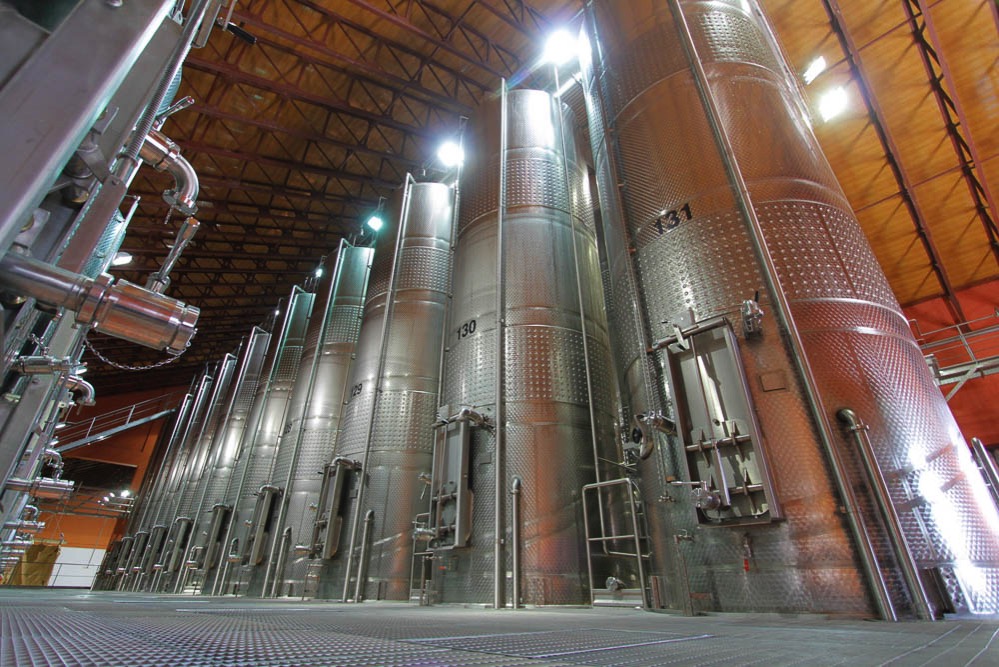
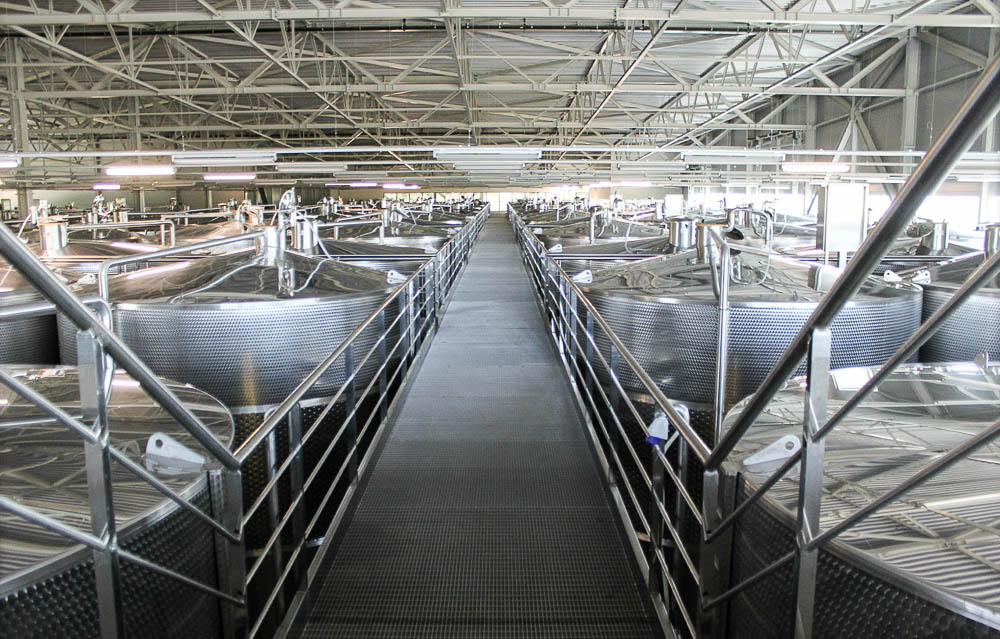
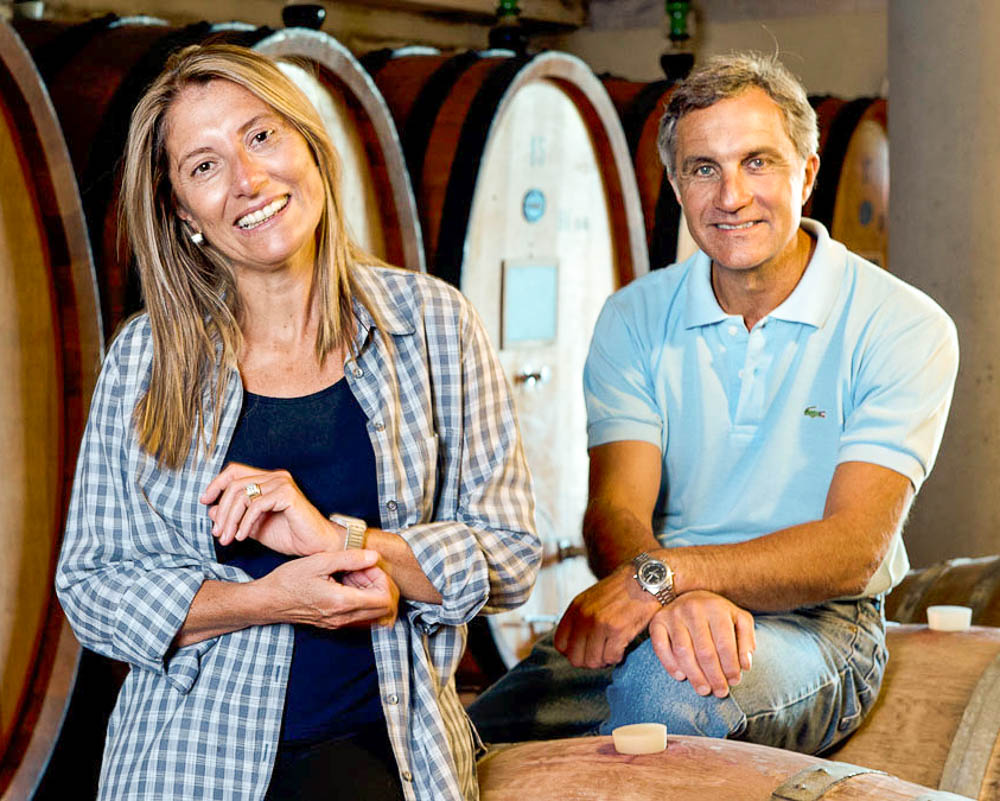
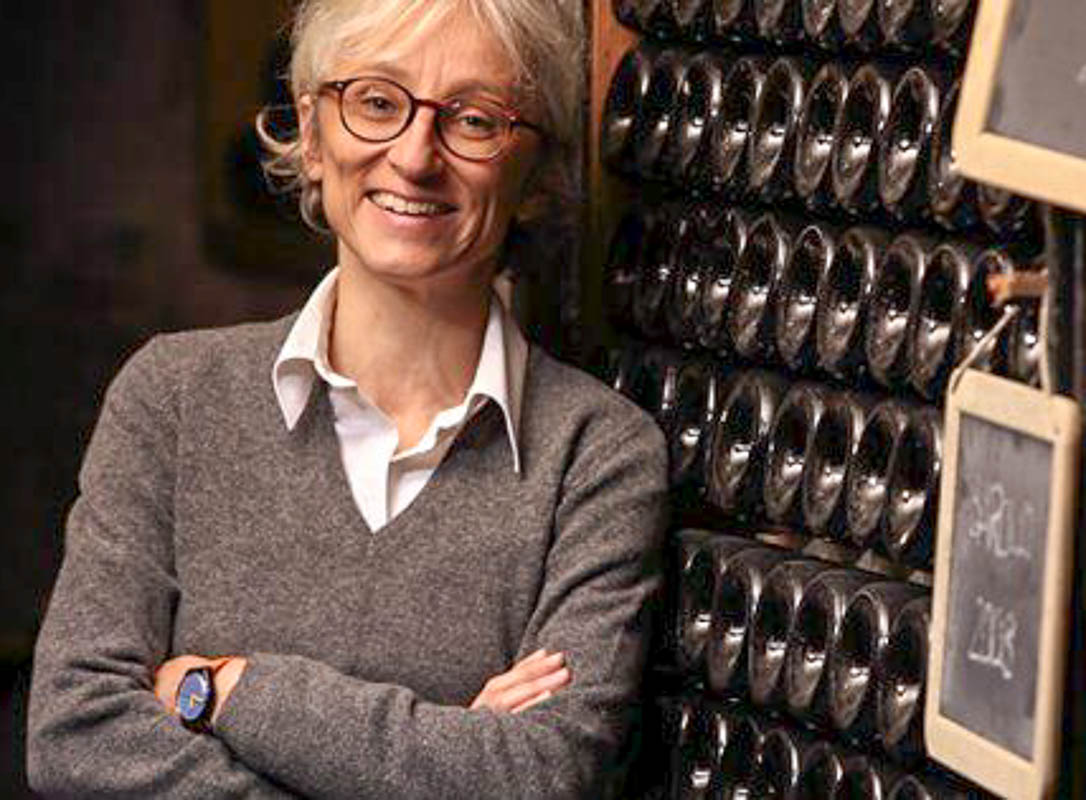
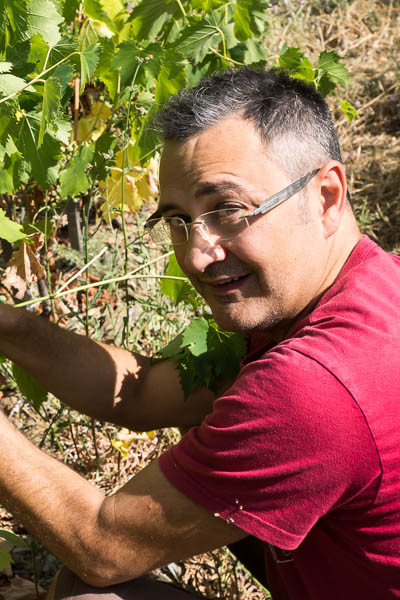
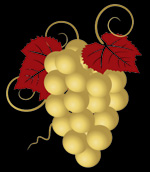
Very informative blog entry. Consumers think they get Reactions to sulfites yet there are 60 other additives in these mass produced poor quality wines.
Thanks Larry — you’re right, and just like with junk food, many drinkers of cheap wine are completely unaware of what’s going into their wine. Even worse, the wineries are not required to list their ingredients (unlike all other food).
Blissful ignorance isn’t necessarily a good thing.
Cheers.
Michael
This is a well done perspective… reality: industrial plonk/grape-ahol is being marketed to and consumed by the uninformed and novices that see wine predominantly as a stand-alone source of a good buzz i.e. as a “more buzz for the buck, less filling and more elegant” alternative to beer/cider.
Such people have no concept or appreciation of honest old-world winemaking, what terroir means and that honest wines are about place & cultural traditions and a sense of connection and history that transcends the basic sensory components. Honest wines all have a real multifaceted story about the family/farm that makes them, where the vineyards are and how the wine was made; no two are the same.
Plonk/grape-ahol has “glossy stories” and packaging fabricated by marketers whose sole agenda is to sell the most possible wine via the latest Push methods in any channel that they have access to. Family run “honest wine” wineries craft wines that honor the grape(s) and terroir. Period. The production is limited, the wine quality is high and they eschew mass marketing and instead focus on those markets/demographics that appreciate such wine.
More importantly, honest wines are at the peak of their enjoyment when consumed as a time honored accompaniment to food (NOT stand alone at a bar). As such they foster the simple sacred joy of enjoying a meal with friends/family that oft gives rise to laughter/and all manner of enlightening discussions.
It is a stark contrast: depth of appreciation, unhurried face-to-face discussion (put the phones/tablets away) -vs- good quick buzz and gorging on social media as the justification of self.
Off my soap box. Salute.